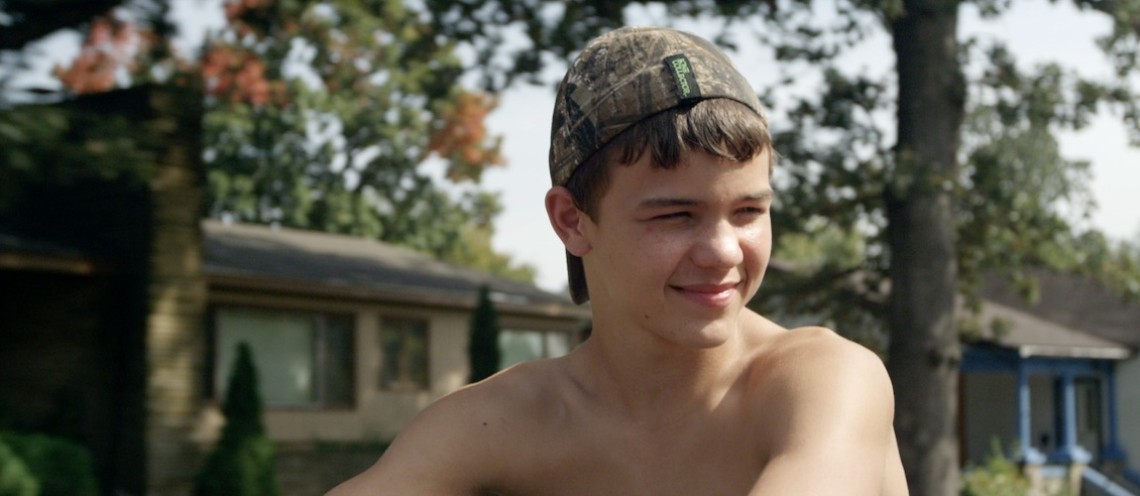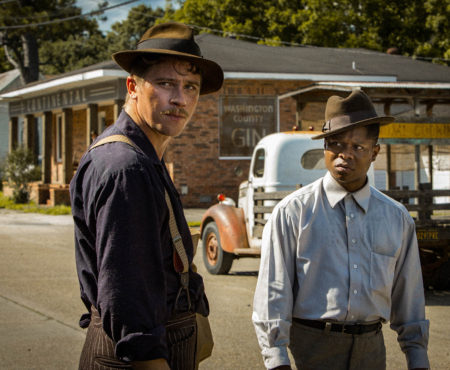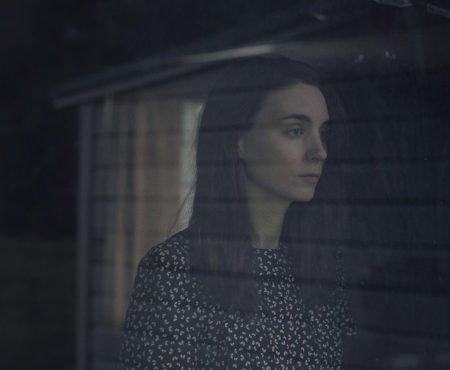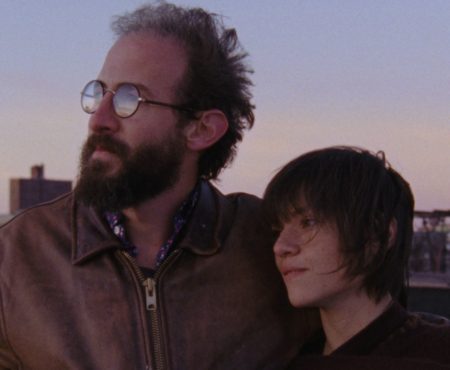I will be upfront: I am a ridiculously easy mark for documentaries like Rich Hill. I find quiet, beautifully-shot portraits of small town life endlessly fascinating. Generally, I find myself comparing the lives of the people I see on screen to my own experiences growing up in an out-of-the-way place. Rich Hill is nearly flawless in how it conveys the emotions that come when living in various poverty-related situations while gripped in the throes of adolescence.
The movie follows three teenage boys living in the ironically named town of Rich Hill, Missouri. The population is 1,396 and the income level is generally low. Andrew is a sweetheart who quietly bears some daunting burdens: his mother is heavily medicated, and his family has to constantly move as his father looks for work. Appachey is the kind of kid you’d likely avoid with all haste after just a few seconds of knowing him. He swears like a sailor and puffs cigarettes in a disquietingly casual manner, and he suffers a litany of behavioral disorders. Harley is somewhere between the other two, personality-wise. He’s loving, but also given to disturbing outbursts and comments about how much he loves his knife collection. His mother is in jail for attempting to kill his father after discovering he raped Harley.
For some reason, it wasn’t until I wrote out that synopsis that it hit me how depressing these characters’ circumstances are. Perhaps it’s because all of them easily maintain stubborn optimism in the face of their troubles. The movie features a loose plot for each of the protagonists — Andrew is going through another move, Harley is counting the days until his mother is released, and Appachey has his issues with the law. Mainly, though, we simply see snippets of their everyday life, mixed with their musings about who they are, what they want to do, and how they live.
The doc is visually sumptuous, with a Malick-like love of the magic hour. Colors are distinct from one another while also tonally muted, and light subsumes every image to provide impeccable clarity. It’s a look that aids in granting the feeling that you’re watching life as it is happening, not just a movie.
There are so many memorable scenes and moments in Rich Hill. A simple quest to clean the house becomes a yelling match between Appachey and his mother. Harley confesses to his past traumas with a frankness that’s both heartbreaking and admirable. Even something as simple as Andrew stating how much he loves his father, mother, and sister leaves an impression. On paper, it doesn’t sound special, but it is. It’s in his naked sincerity, and the way he gestures towards his family as he speaks of them. Sometimes, scenes veer into aimlessness, or feel unnecessary, or just hit a cliched beat (we all love fireworks, but we’ve seen a lot of “look at the beautiful fireworks” scenes before), but that doesn’t detract from the overall effect. This documentary is a wonderful look at pubescent melancholy and rural living.





















4 thoughts on “Sundance Review: ‘Rich Hill’ Finds Beauty In Small Moments”
Dan, Having not grown up in Rich Hill you wouldn’t understand why the Fireworks are so important to the story. The Fourth of July is literally the biggest thing to happen in town for the entire year. It is what everyone looks forward to year after year. Rich Hill was the first small town in Bates County that put on a fireworks display. Yes there are firework displays that are far grander in other places, but there is NOTHING like watching the fireworks when you are visiting home.
Thanks so much for the context! I would have loved for the movie to have gone into that. It would have enriched the experience even more.
Just saw this at True/False and delighted to discover it’s coming to Hot Docs in my city soon. This is a gorgeous and resonant film in the vein of other recent greats like Only the Young, October Country, and Billy the Kid. Hoping lots and lots of people will see it (and check out those others, if you haven’t seen them).
Pingback: The 2014 Cinematic Retrospectivus